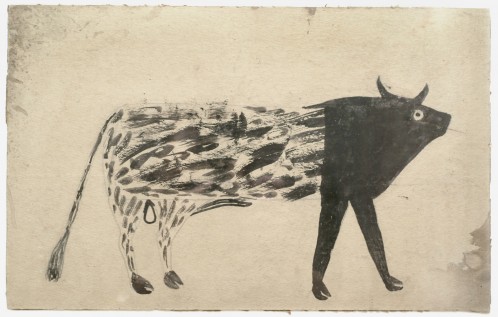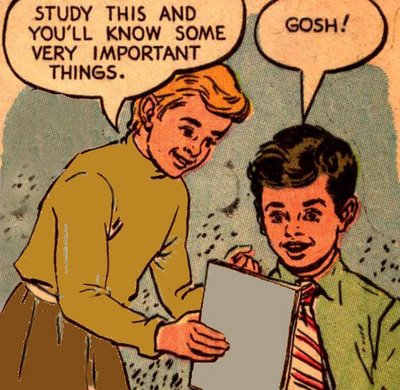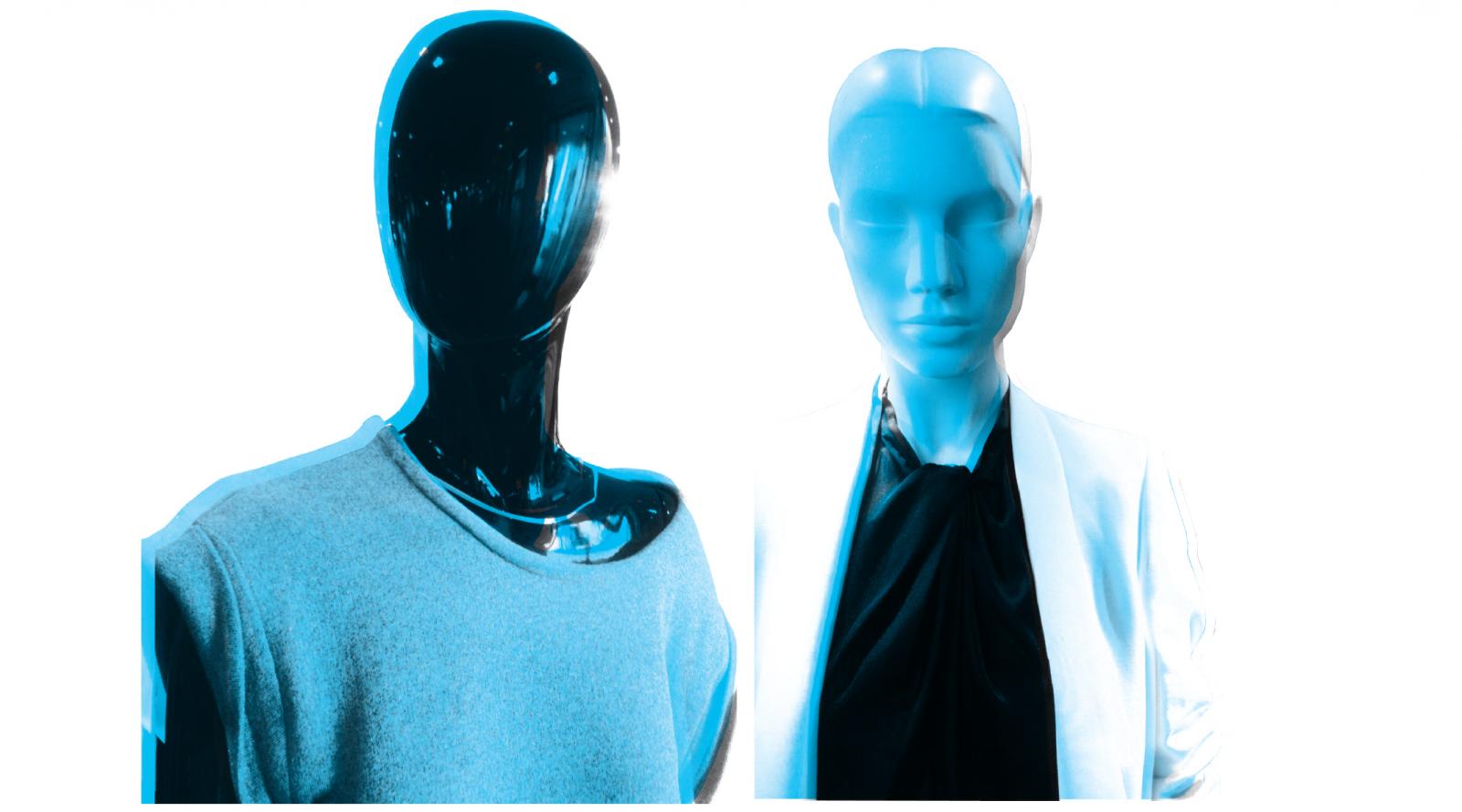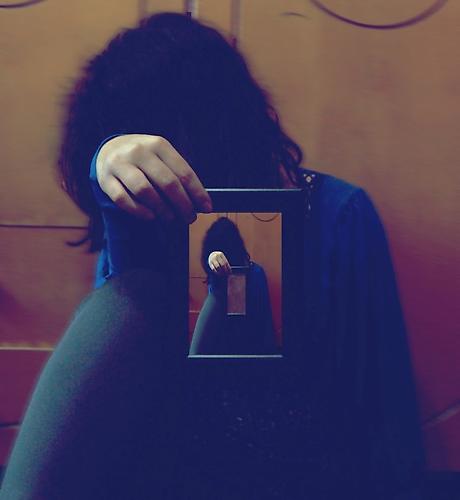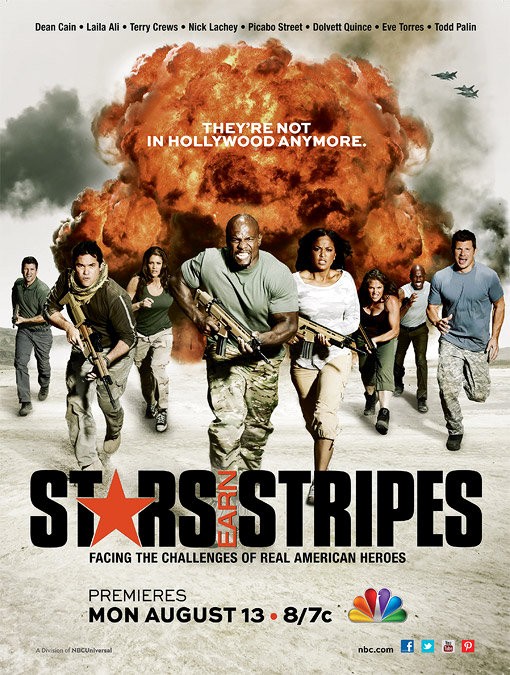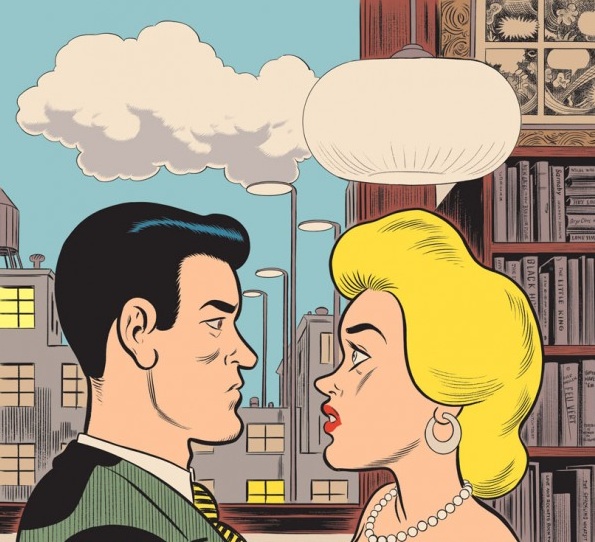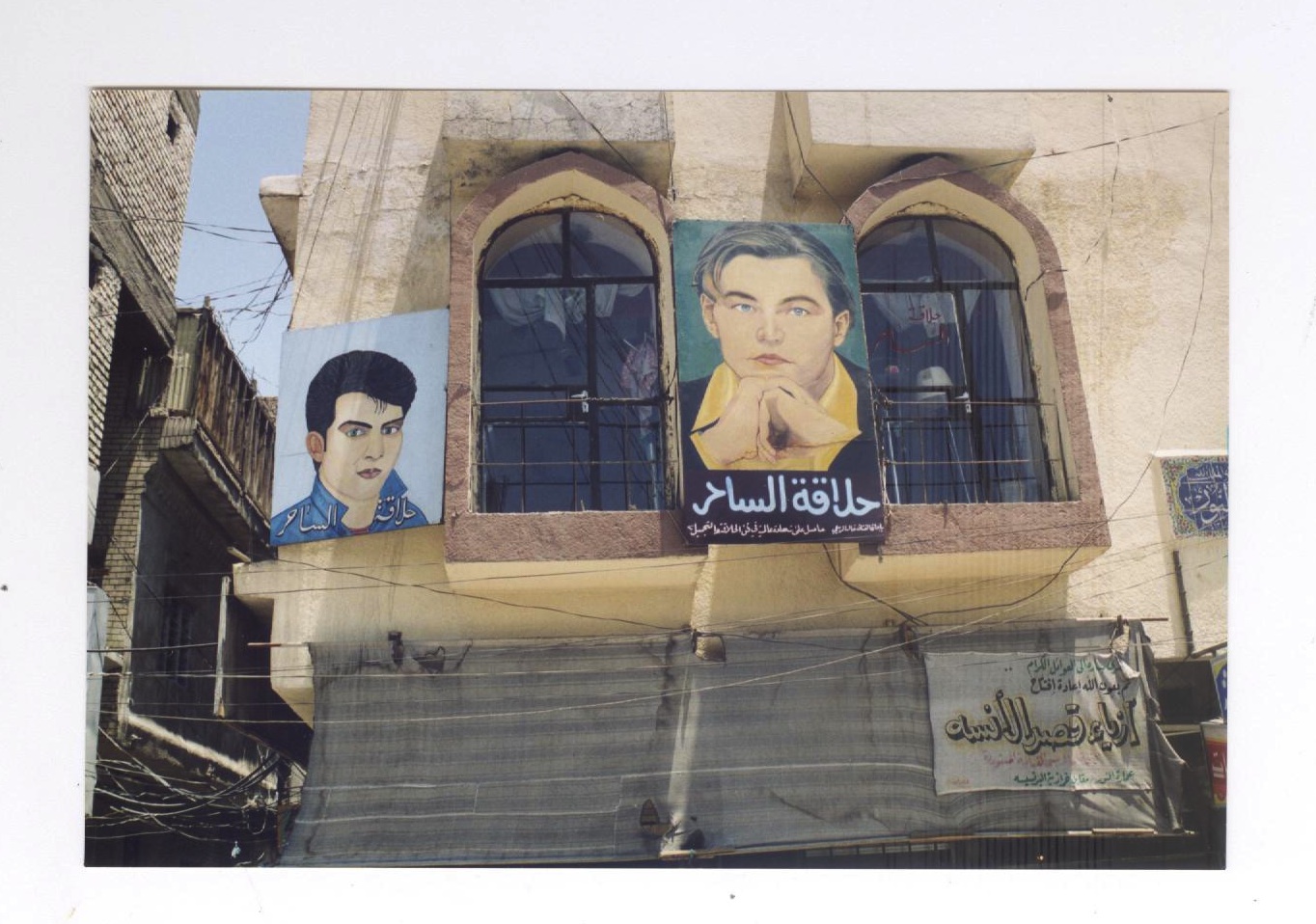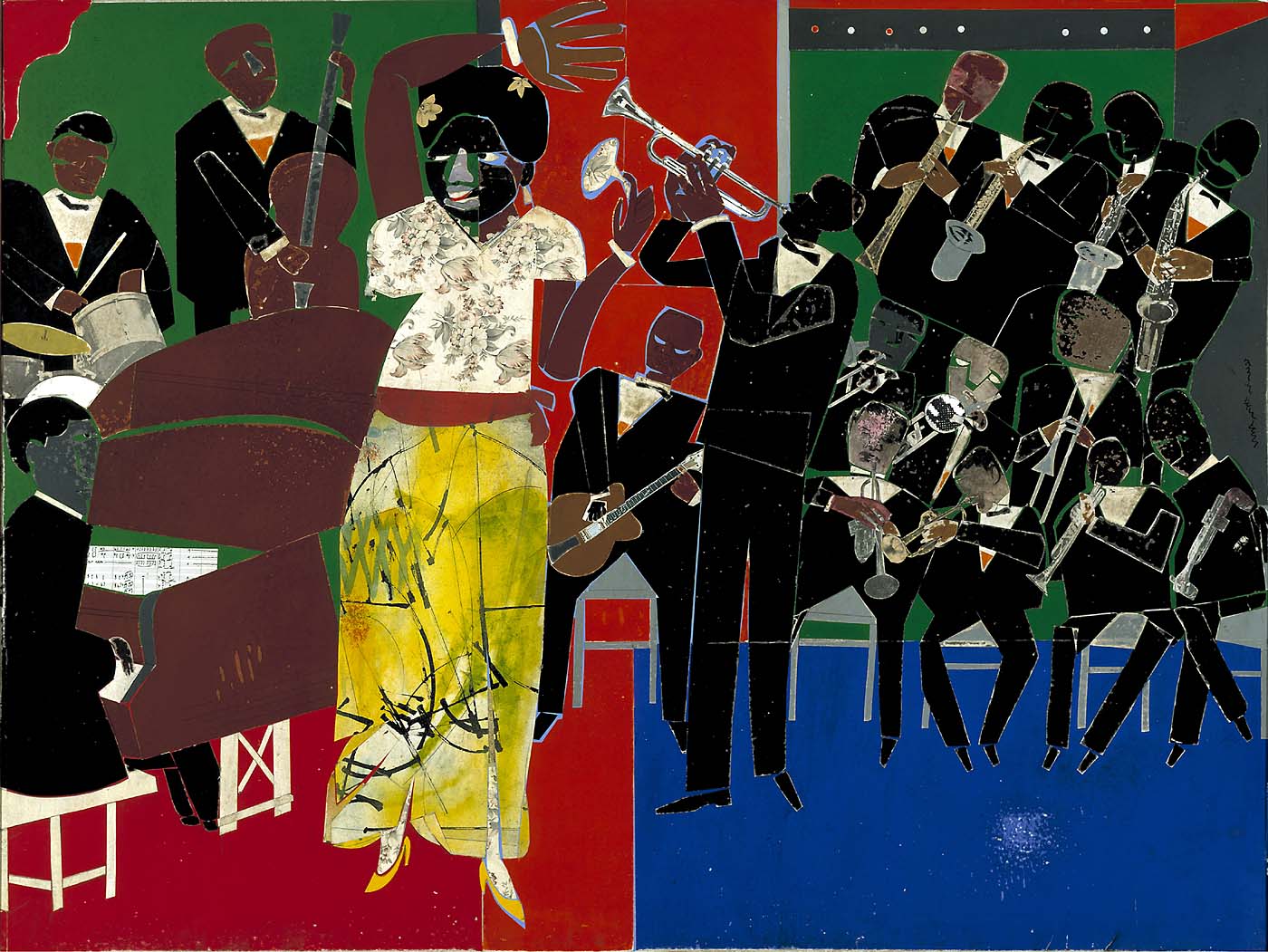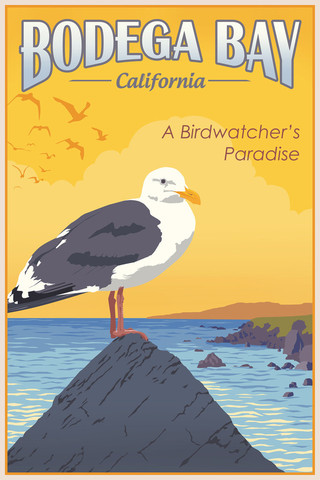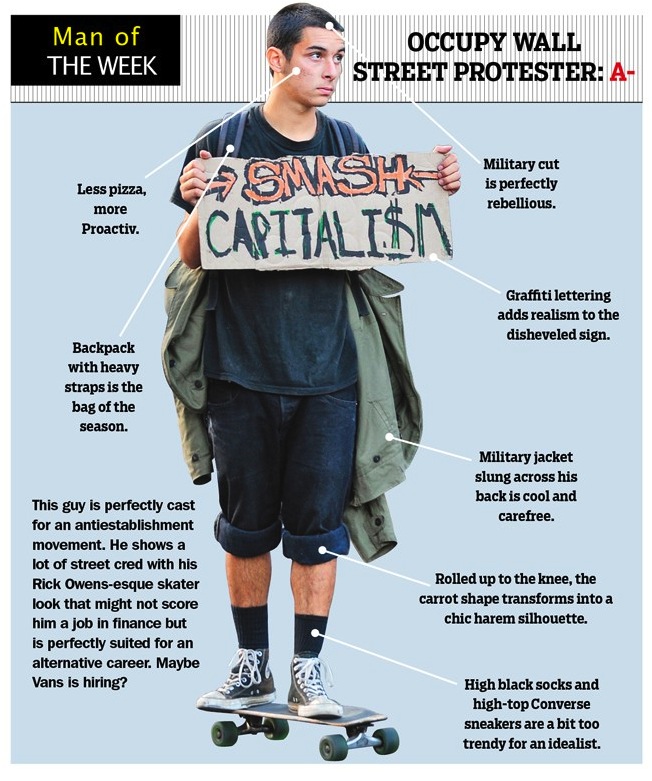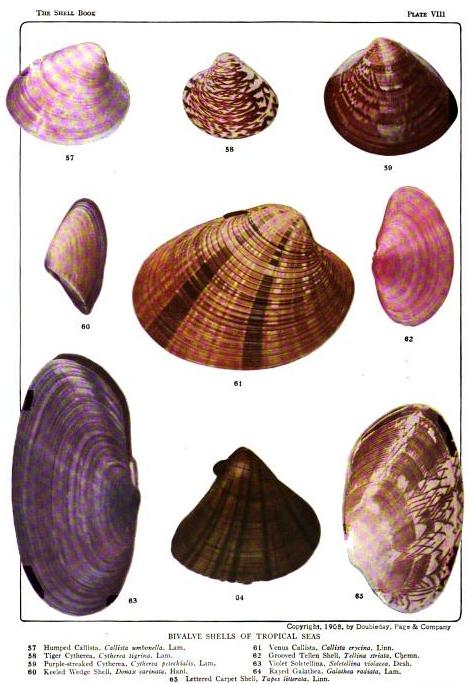I Was Never a Surrealist
In which a woman bitterly resents America.
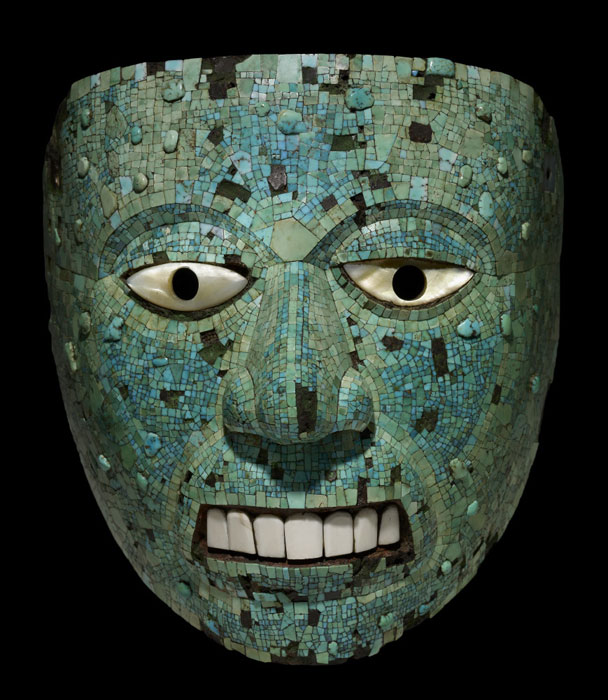
A letter by Frida Kahlo to herself, written in Detroit in August 1932. Any resemblance to real people is purely intentional. Carta: Mater Dolorosa. I am eager to survive. Let's leave this place. Long dining room tables scare me. To rejoin the revolution is a hope I still carry. I am not nothing. I am a small thing. Small thing with a dead small thing in an urn. DEDICATED TO: My first cell. An egg laid in Coyoacán. I am determined to stay resolutely bright Despite the unpredictable phenomenon of my disintegration. Feet. Cells. New nations. Grease. Inhalation. Phony smiles. Terrible pain but I am grateful to be LIVING. 'To live' — the irony of writing those words on a day of death. 'Colorado.' They told me it is white. (To be white and colored!) There are no colors. Supposedly we… Read More...

